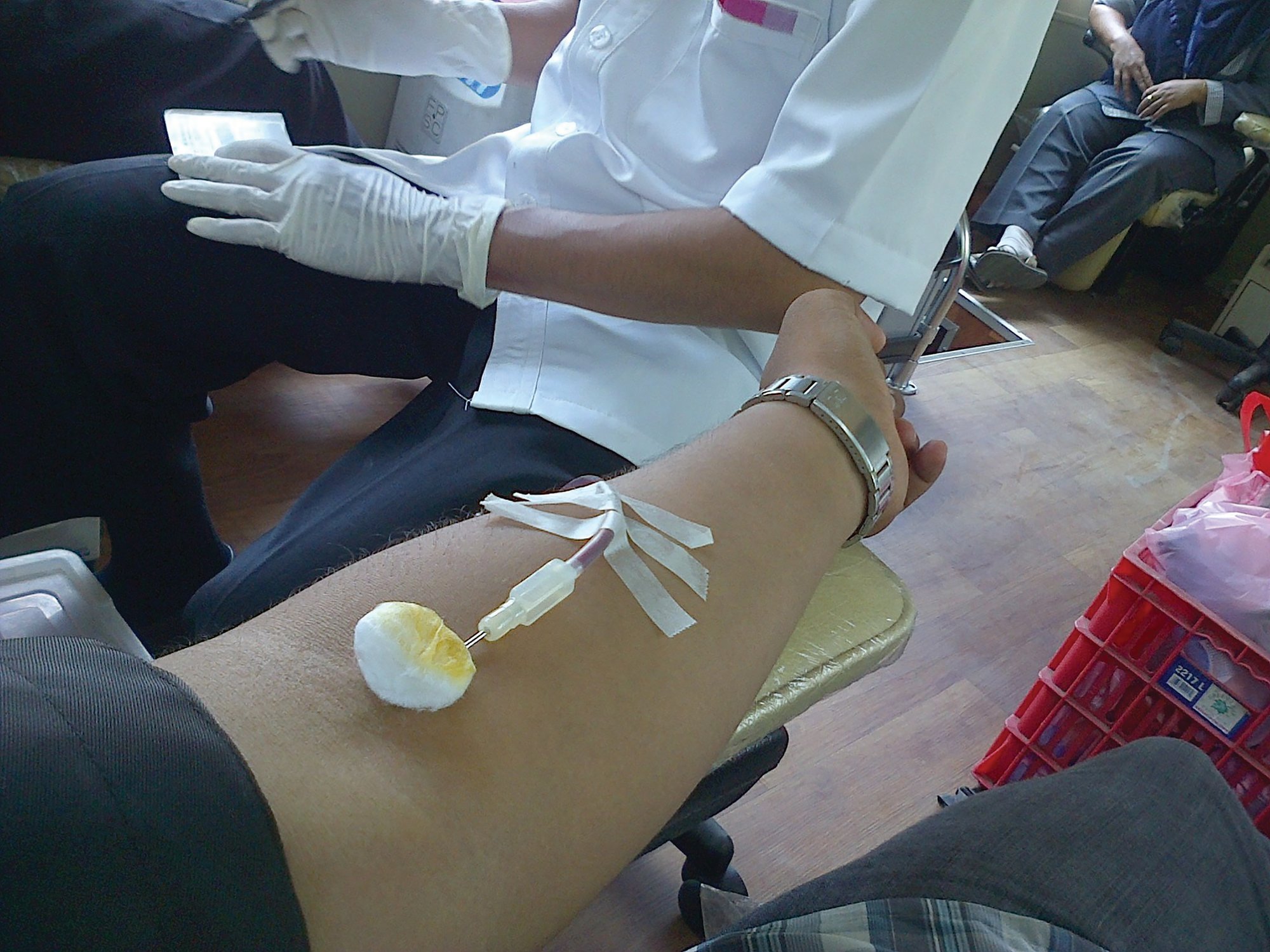Blood drives critical in providing life-saving supplies to hospitals
- Thursday, July 8, 9 a.m.-3 p.m., Shaw Air Force Base, 28th OWS, 5 Lasano Road
- Thursday, July 8, 7:30 a.m.-12:30 p.m., Sumter Family YMCA, 510 Miller Road
The American Red Cross continues to experience a severe blood shortage that is negatively affecting blood product availability across the country.
Donors of all blood types - especially type O and those giving platelets - are urged to make an appointment to give now and help ensure hospital shelves are stocked with blood products over the Fourth of July holiday and beyond.
Right now, the Red Cross is working to provide blood products to hospitals responding to an unusually high number of traumas and emergency room visits, as well as overdoses and resulting transplants. As a result of the blood shortage, some hospitals are being forced to slow the pace of elective surgeries until the blood supply stabilizes, delaying crucial patient care.
In addition, while summer is traditionally a time when blood donations decline, this year is particularly challenging as many Americans receive their vaccinations and resume summer activities after more than a year of limited interactions and travel, leading to lower donor turnout. The need for blood doesn't take a holiday break - patients still depend on lifesaving transfusions.
Donors are needed now to prevent further delays to patient care. Schedule an appointment to give blood now by using the Red Cross Blood Donor app, visiting www.RedCrossBlood.org, calling 1-800-RED CROSS (1-800-733-2767) or enabling the Blood Donor Skill on any Alexa Echo device.
As a thank you, all those who come to give July 1-6 will receive a Red Cross embroidered hat, while supplies last. And, donors who come to give July 7-31 will receive a $10 Amazon.com gift card by email, plus a chance to win gas for a year (a $5,000 value).
In most cases, those who have received a COVID-19 vaccine can donate. However, knowing the name of the manufacturer of the vaccine they received is important in determining donation eligibility.
About blood donation
To donate blood, individuals need to bring a blood donor card or driver's license or two other forms of identification that are required at check-in. Individuals who are 17 years of age in most states (16 with parental consent where allowed by state law), weigh at least 110 pounds and are in generally good health may be eligible to donate blood. High school students and other donors 18 years of age and younger also must meet certain height and weight requirements.
Donors can also save up to 15 minutes at the blood drive by completing a RapidPass® that allows donors to complete the pre-donation reading and health history questionnaire online, on the day of donation, from a mobile device or computer. To complete a RapidPass®, follow the instructions at www.RedCrossBlood.org/RapidPass or use the Red Cross Blood Donor app.
Health insights for donors
At a time when health information has never been more important, the Red Cross is also screening all blood, platelet and plasma donations from self-identified African-American donors for the sickle cell trait. This additional screening will provide Black donors with an additional health insight and help the Red Cross identify compatible blood types more quickly to help patients with sickle cell disease.
Blood transfusion is an essential treatment for those with sickle cell disease, and blood donations from individuals of the same race, ethnicity and blood type have a unique ability to help patients fighting sickle cell disease.
Donors can expect to receive sickle cell trait screening results, if applicable, within one to two weeks through the Red Cross Blood Donor app and the online donor portal at www.RedCrossBlood.org.
Blood drive safety
The Red Cross has updated its pandemic safety protocols in alignment with the Centers for Disease Control and Prevention and Occupational Safety and Health Administration. Fully vaccinated individuals, including staff and donors, no longer need to wear masks or socially distance. Unvaccinated individuals continue to be required to wear masks and socially distance. Donors are asked to schedule an appointment prior to arriving at the drive.
More Articles to Read

